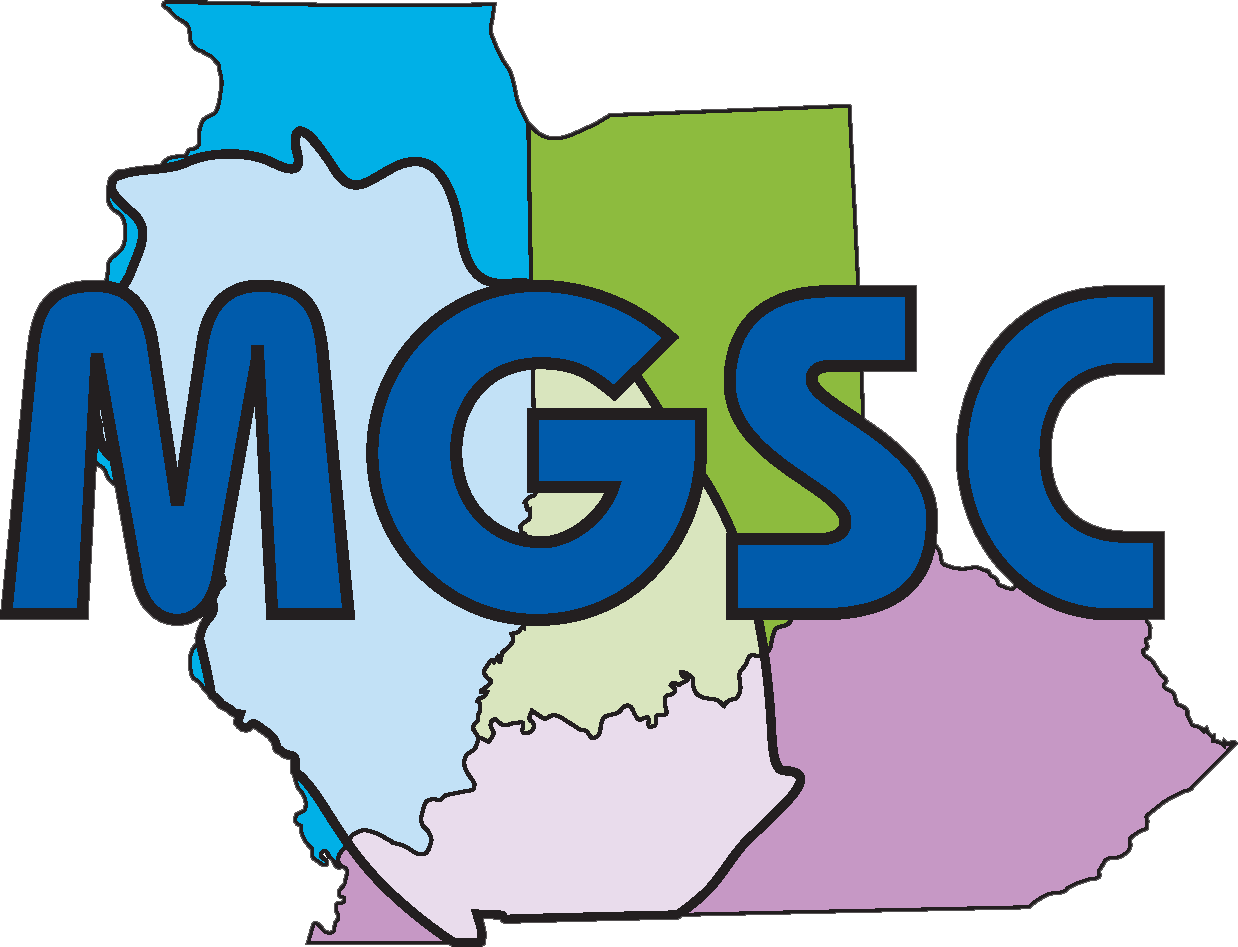Computational Methods
in Water Resources
XIX International Conference
![]() June 17-21, 2012
June 17-21, 2012
at the University of Illinois at Urbana-Champaign
Special Session on:
Modeling and Analytics for Hydrologic Impact Assessments due to Climate Change
Conveners:
Auroop Ganguly, Northeastern University
Mukesh Kumar, Duke University
Featured Speakers:
David Pierce, Scripps Institution of Oceanography, "Using Observations to Better Assess Climate Change Impacts on Streamflow in the Western U.S."
Karsten Steinhaeuser, University of Minnesota, "Exploring Data Mining and Machine Learning Methods for Hydrology"
Description:
The impacts of climate change are expected to increase vulnerabilities in water resources with consequences on ecosystems, hydraulic infrastructures and the water-energy nexus. However, large knowledge gaps continue to exist in our understanding of hydrometeorological processes in the atmosphere, oceans, land and the terrestrial biosphere. The corresponding uncertainties propagate from estimation of greenhouse gas emissions to climate models and all the way to models of hydrology and water-related infrastructures, with implications for adaptation and policy. As has been pointed out in the literature, predictions and planning based on assumptions of stationarity and empirical characterizations may be inadequate under climate change scenarios. There is a critical need for innovations in modeling, observations, data analysis and uncertainty assessments that can contribute to improved knowledge about climate change impacts on the hydrological cycle at multiple spatiotemporal scales. These new tools, methodologies, techniques and models need to cater to multiple users: from climate scientists and hydrologists to decision makers and stakeholders. The goals range from enhanced understanding of the physical processes, improved and actionable predictions at higher resolutions and eventual translation to decision and policy making. The physical modeling challenges include understanding the feedback between the terrestrial, biosphere, ocean and atmosphere components, to generate precise predictions at resolutions that are relevant to decision making. The data analyses challenges comprise developing novel predictive insights from observed and model-simulated data to evaluate vulnerability of the built and natural environments. In this session, we welcome submissions that emphasize scientific advancements and/or stakeholder-centric solutions centered on hydrological impacts of climate change. Papers that provide demonstrable improvements to the state-of-the-art in physical modeling or analytics, assessment, management, preparedness and policy are particularly encouraged. Submissions may detail applications, case studies, algorithms, process characterizations, data analysis techniques and physics-based model development.


